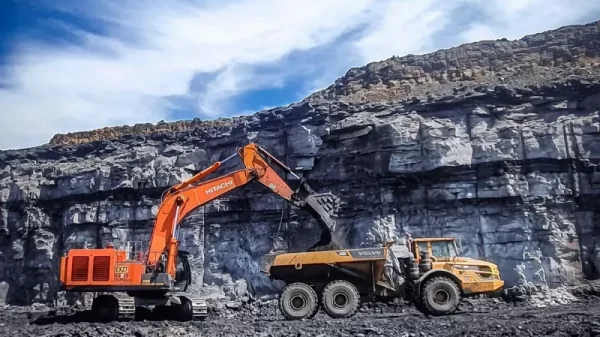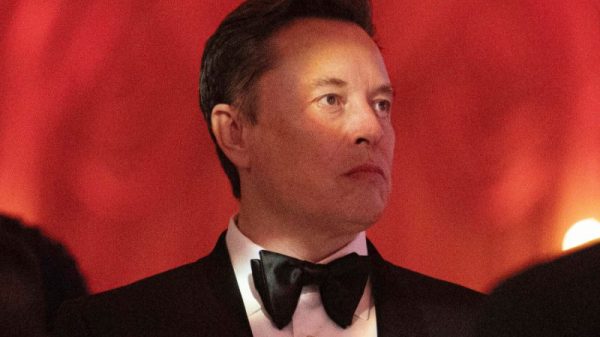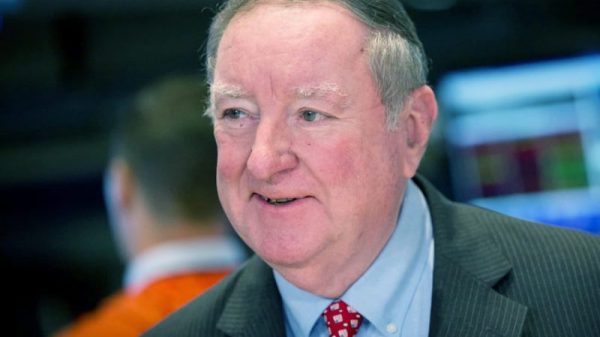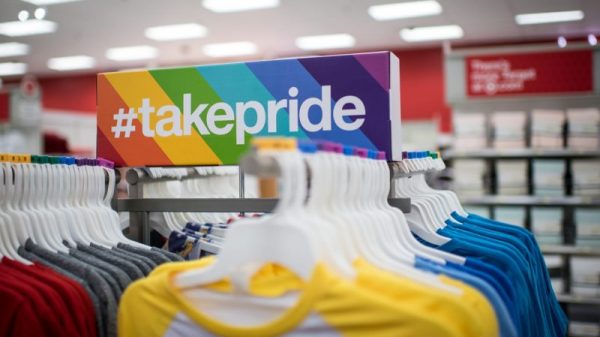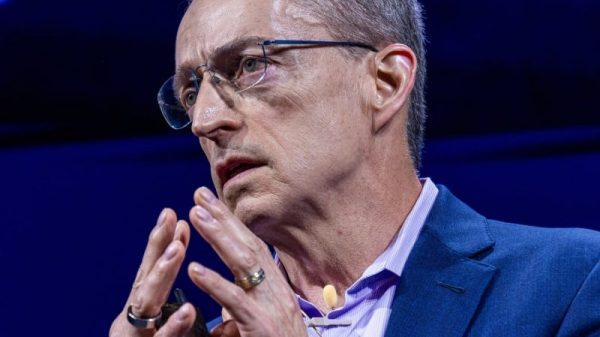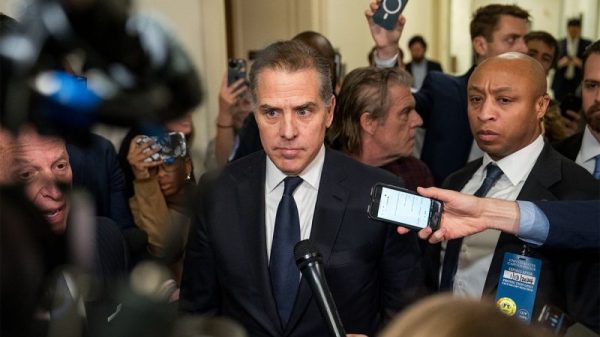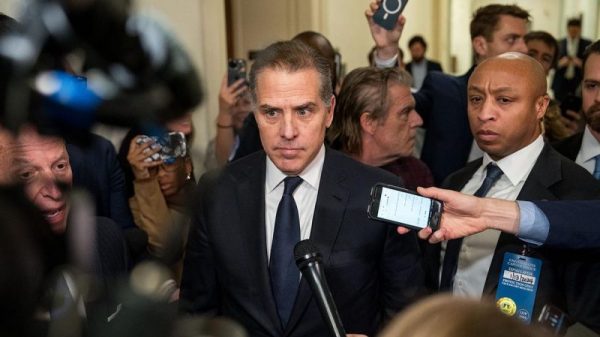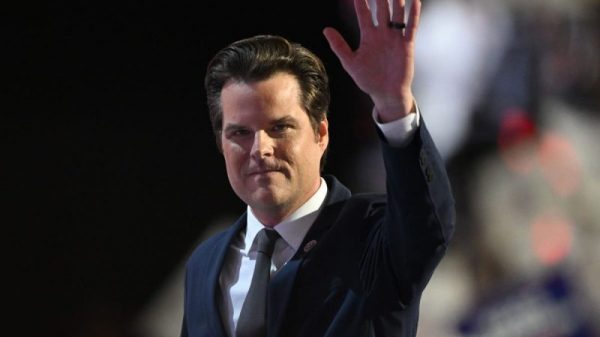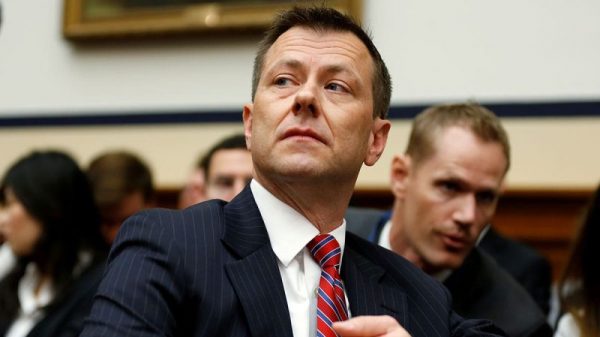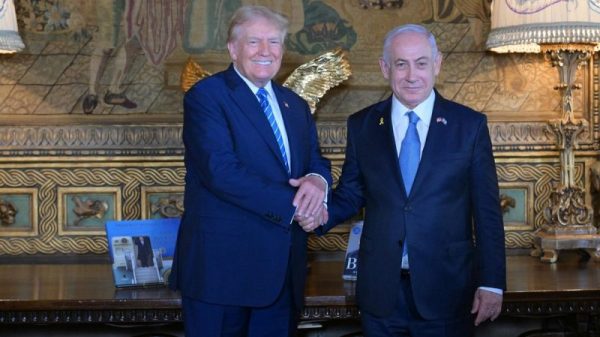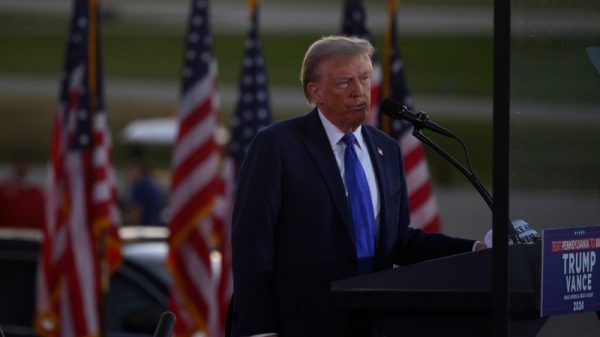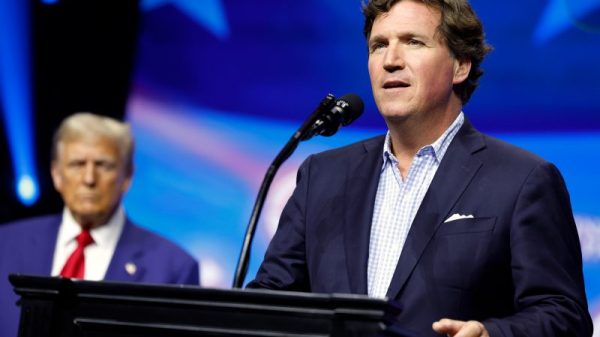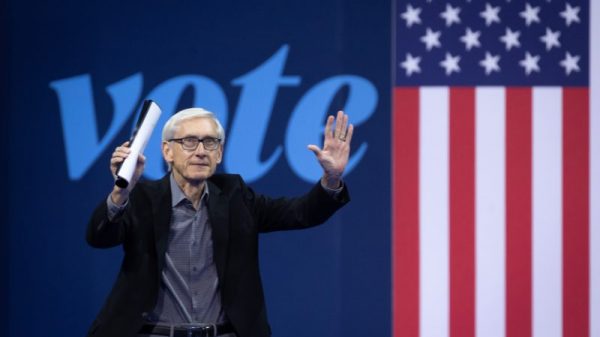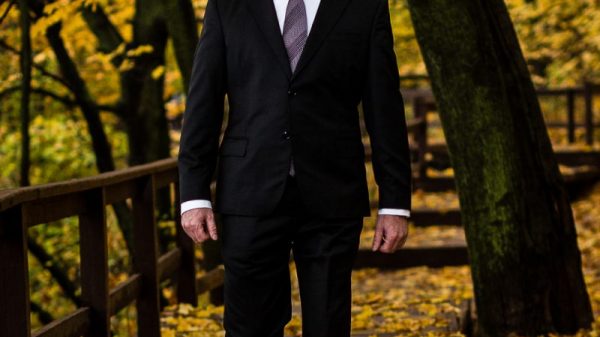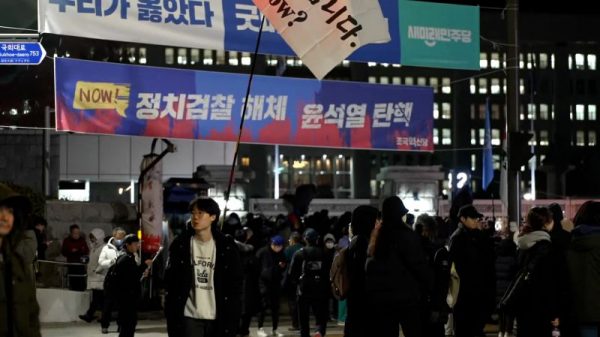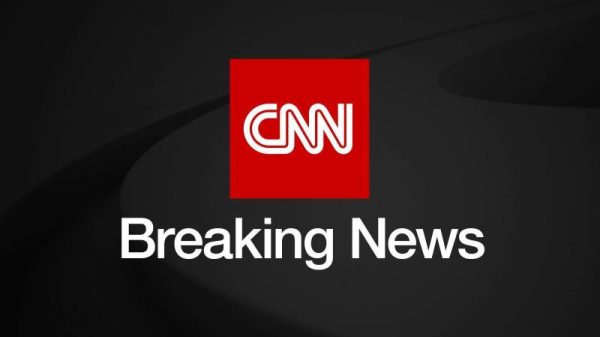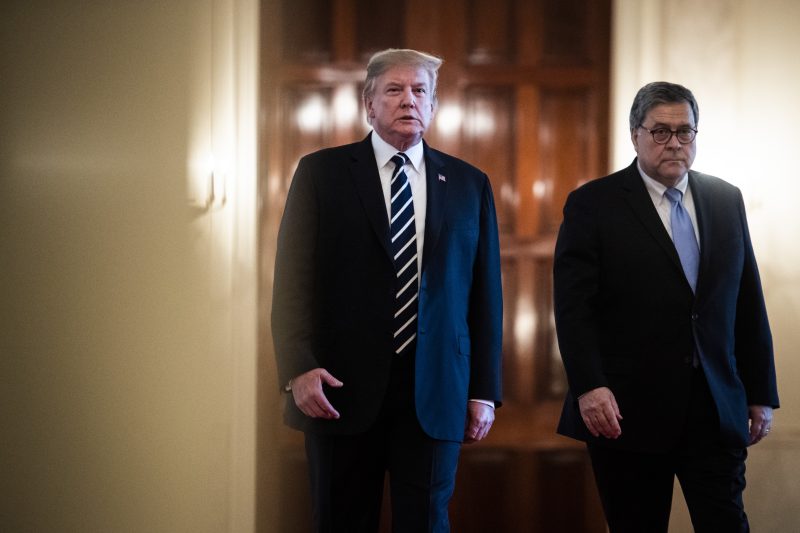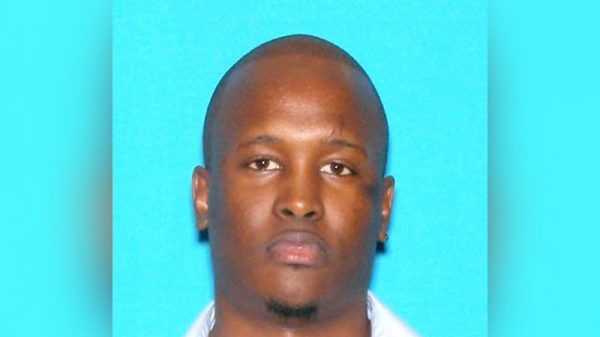William Barr was already a former attorney general when he preemptively reached out to the Justice Department in 2018 to criticize the investigation into links between President Donald Trump’s election campaign and Russia. A few months later, Trump’s attorney general was ousted and, a few months after that, Barr was in.
In short order, Barr approved an investigation into the roots of the Russia probe, precisely the sort of thing Trump had demanded. Barr was similarly useful in dealing with the fruits of that probe, including intervening to suggest a reduced punishment for Trump’s longtime ally Roger Stone after the latter was convicted of lying to Congress.
Of course, Barr effected Trump’s will more broadly than that. Most notoriously, and controversially, he spoke with law enforcement near Lafayette Square on June 1, 2020, shortly before a crowd of protesters was roughly removed from the area. The clearing of the area allowed Trump to progress across the street for a photo shoot that was quickly looped into his reelection campaign. Barr denied the park was cleared at his direction.
All of this made his public rejection of Trump’s claims that the 2020 election was stolen in December 2020 more noteworthy. Barr told the Associated Press that there was no evidence of fraud, eliciting a furious response from Trump and, in short order, Barr’s ouster. He went from being seen as a loyal ally in the president’s eyes to one of a galaxy of former aides who earned mockery from Trump on social media.
Speaking to Kaitlan Collins on CNN, Barr on Wednesday explained why it took him until December 2020 to reject Trump’s false claims. “If I had come out, and shot from the hip, without doing some due diligence, and making sure I understood what the claims were, and that I knew the facts, and if I turned out to be wrong, without doing due diligence?” he said. “I think that would have been a disaster for the country.”
This aligns with Barr’s testimony to the House select committee investigating Trump’s efforts to retain power after the election. At that point Barr declared that, for Trump, “there was never an indication of interest in what the actual facts were.” For Barr there was, and the facts did not support the claims Trump was making.
It is not surprising, then, that Barr also told Collins he believed the indictment handed down against Trump on Tuesday was valid, something he seems never to have believed about the Russia probe. “I don’t know if I would have approved the indictment,” he said. He also said, though, “I think it’s a legitimate case.” He continued, “As a legal matter, I don’t see a problem with the indictment. I think it’s not an abuse. The Department of Justice is not acting to weaponize the department by proceeding against the president for a conspiracy to subvert the electoral process.”
Barr expressed concern about the overlap of a trial with the election, in part because he said it would distract from actual issues. He also offered renewed criticism of how the Justice Department is handling charges brought against President Biden’s son Hunter. But in the center of that buffet of delights for Trump’s base was an endorsement of the investigation by special counsel Jack Smith, along with a defense of Smith. “I know a lot of Republican lawyers who have worked with him over the years,” Barr said. “And they tell me he is a tough, hard-nosed prosecutor, but that he is not a partisan prosecutor.”
Barr also rejected the first-blush defense Trump’s attorney has been offering in recent interviews and said this was not an assault on Trump’s First Amendment rights. “All conspiracies involve speech. And all fraud involves speech,” Barr said. “So free speech doesn’t give you the right to engage in a fraudulent conspiracy.”
Moreover, Barr said, he came to believe Trump “knew well that he had lost the election.” He pointed to evidence including reports before the election that Trump would declare victory regardless of outcome and again to his “lack of curiosity as to what the actual facts were.” “I think he brought this on himself,” Barr said. “This is one of the reasons I oppose him for the Republican nomination, because he has this penchant for engaging in these reckless acts that create these calamitous situations, and then undercut the cause he is supposed to be leading. And this is a perfect example of it.”
Barr noted the reckless acts had negative effects on others, too, like the co-defendants in the classified documents case. “I think these two people down in Mar-a-Lago represent many Republicans who feel that they have to man the ramparts and defend this guy no matter what he does and go along with him,” Barr said. “And I think they have to be careful, or they are going to end up as part of the carnage in his wake.
Barr understands this from firsthand experience. When he sent his letter to the Justice Department five years ago, little could Barr have anticipated that he would eventually become a target of Trump’s disparagement and hostility for making obviously true statements about the 2020 election. The thing about being shunted into the enormous and growing pool of Trump’s mortal enemies, however, is that there is no longer any reason to go along with his overheated claims about how he is being persecuted.





